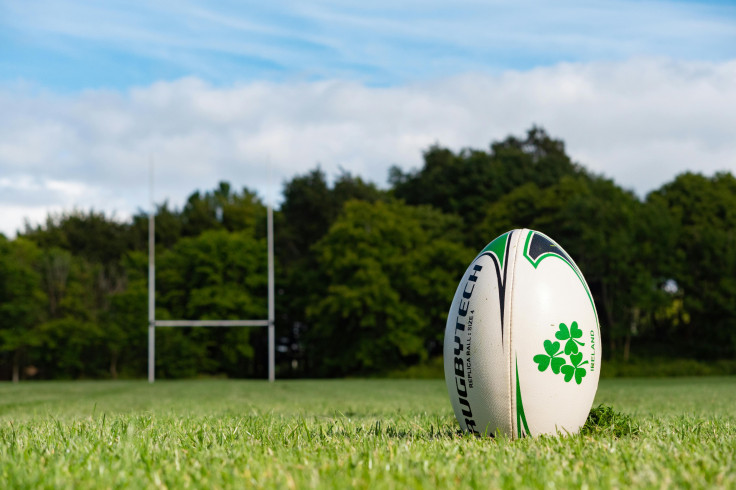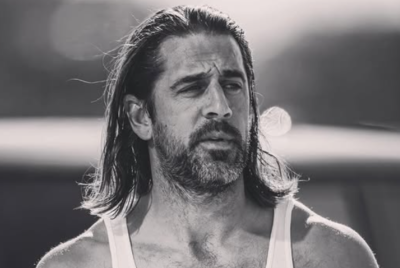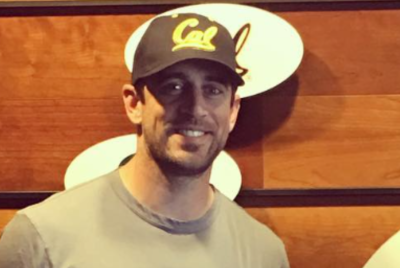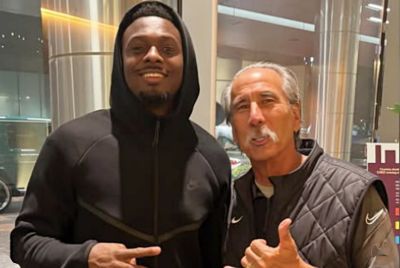Billy Boston Before the Knighthood: Know All About the League Legend and the Forgotten Black Icons of Welsh Rugby
His story is one of resilience, excellence and representation.

Billy Boston's knighthood in June 2025 is a moment of national celebration. But before the titles and tributes, there was a remarkable journey that reshaped British rugby. His story is not just one of personal triumph, but of wider racial and cultural significance. Alongside Boston, other black Welsh players made their mark in rugby league, yet remain overlooked. This is the legacy that came before the palace doors opened.
Billy Boston: The Try-Scoring Machine Who Defied the Odds
Born in 1934 in Butetown, Cardiff, Boston was the son of a Sierra Leonean father and Irish mother. From a young age, his natural athletic ability stood out. However, despite excelling at rugby union in school and club level, he was denied opportunities by top Welsh union sides, a decision many attributed to his race.
What is Billy Boston famous for?
In 1953, Wigan Rugby League Club saw what others ignored. Boston signed and soon became a phenomenon. He scored an astonishing 478 tries in 488 appearances for Wigan and amassed a career total of 571 tries, one of the highest in rugby history. His impact was not limited to club level. He represented Great Britain and played a key role in their 1960 Rugby League World Cup win.
'He went onto play 31 games for Great Britain including being the first player to score four tries in a game versus New Zealand. He also scored against Australia in the decisive game in the 1960 World Cup Final that earned Great Britain the World Crown,' said Wigan Warriors Chairman Chris Brookes.
Today, Boston is immortalised in bronze with statues in Wigan, Wembley and, most recently, Cardiff Bay. His story is one of resilience, excellence and representation.
Beyond Boston: The Overlooked Black Welsh Icons of Rugby League
Billy Boston was not alone. Several other black Welsh players made history in rugby league but are rarely given the same level of recognition.
Johnny Freeman, Boston's cousin, also made his mark at Halifax, scoring 290 tries in 396 games. Colin Dixon, a fearsome second-rower, had a long and decorated career with Halifax and Salford. Then there was Clive Sullivan, who in 1972 became the first black man to captain any British national sports team, leading Great Britain to a Rugby League World Cup victory.
These athletes, like Boston, transitioned from rugby union to league after facing discrimination or lack of opportunity in the union code. Their stories mirror Boston's in both struggle and success, yet their legacy has not been honoured in equal measure.
The Real Reason Rugby League Waited 130 Years for a Knighthood
Boston's knighthood is not just overdue recognition for one man. It also highlights the historical inequality between rugby union and rugby league.
Rugby union has long been associated with England's elite, benefitting from royal endorsement and private school support. By contrast, rugby league has its roots in the working-class towns of the north. For decades, this class and regional divide shaped the way honours were distributed. Numerous union players have been knighted. Until Boston, no league player had received the same honour.
Boston's award signals a shift. It is a symbolic gesture that begins to correct a century of institutional oversight.
Honouring More Than One Man
Billy Boston's knighthood is richly deserved. But it should also prompt reflection on those who came before and beside him. Freeman, Dixon and Sullivan are not just footnotes in rugby league history. They are foundational figures who helped shape the sport.
In recognising Boston, Britain has taken an important step. The next must be to shine a light on the wider legacy of black Welsh rugby icons who helped transform the game from the shadows.
© Copyright IBTimes 2025. All rights reserved.




















